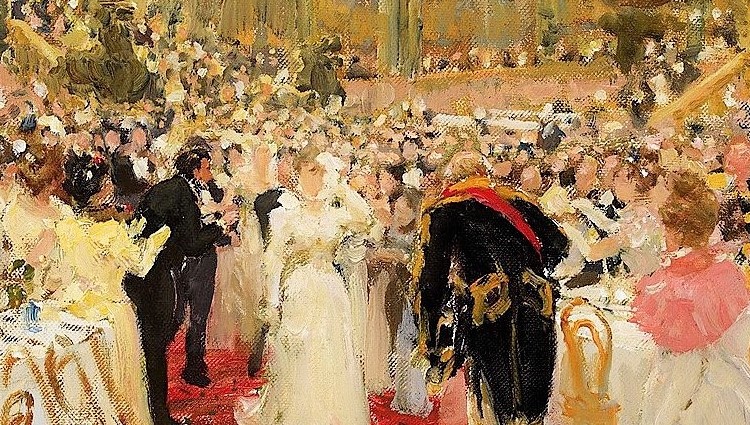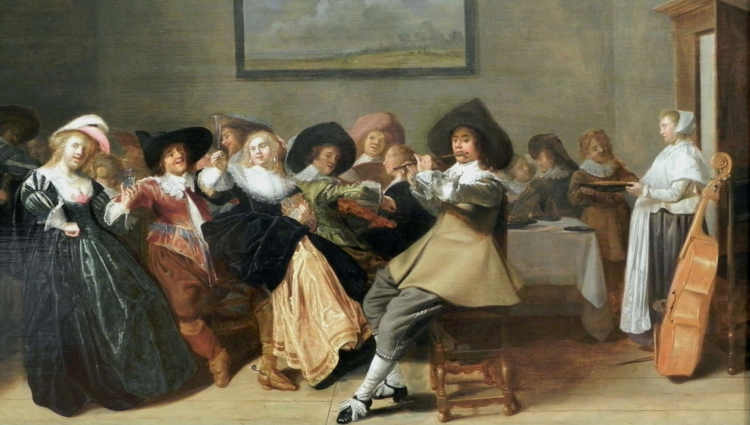
About Edmund Burke
Edmund Burke (1729 – 1797) was an Irish statesman, economist, and philosopher. Born in Dublin, Burke served as a member of parliament between 1766 and 1794 in the House of Commons of Great Britain with the Whig Party after moving to London in 1750. Burke was a proponent of underpinning virtues with manners in society and of the importance of religious institutions for the moral stability and good of the state. These views were expressed in his A Vindication of Natural Society. He criticized the actions of the British government towards the American colonies, including its taxation policies. Burke also supported the rights of the colonists to resist metropolitan authority, although he opposed the attempt to achieve independence. He is remembered for his support for Catholic emancipation and his staunch opposition to the French Revolution. In his Reflections on the Revolution in France, Burke asserted that the revolution was destroying the fabric of good society and traditional institutions of state and society and condemned the persecution of the Catholic Church that resulted from it. This led to his becoming the leading figure within the conservative faction of the Whig Party. In the 20th century, he became widely regarded as the philosophical founder of modern conservatism.



